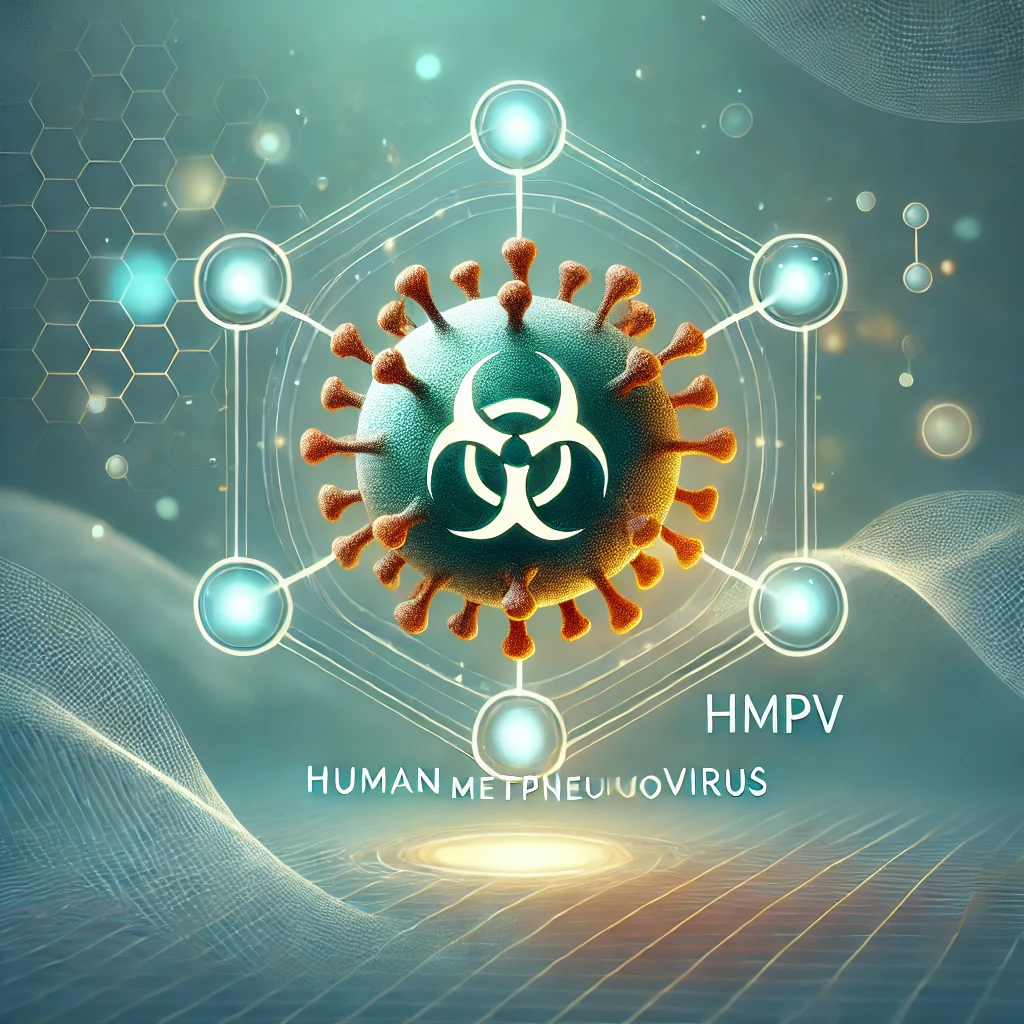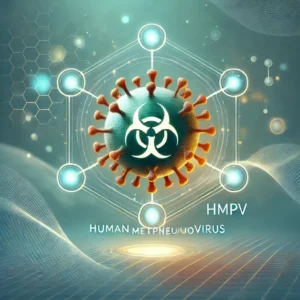Useful information
Prime News delivers timely, accurate news and insights on global events, politics, business, and technology
Useful information
Prime News delivers timely, accurate news and insights on global events, politics, business, and technology


Human Metapneumovirus (HMPV) is a significant respiratory virus that poses a health risk across the globe, particularly to young children, the elderly, and individuals with weakened immune systems. Discovered in 2001, this pathogen is a relatively new player in the arena of respiratory infections. Despite its relative obscurity compared to viruses like influenza or SARS-CoV-2, HMPV is responsible for a substantial number of respiratory illnesses each year.
HMPV belongs to the Pneumoviridae family and is closely related to the Respiratory Syncytial Virus (RSV). It primarily affects the respiratory tract, causing symptoms that range from mild colds to severe bronchitis and pneumonia. Since its discovery, HMPV has been identified as a leading cause of lower respiratory tract infections, particularly in children under five years old.
The virus spreads via respiratory droplets when an infected person coughs or sneezes. It can also survive on surfaces, making indirect transmission possible when individuals touch contaminated surfaces and then their face, mouth, or eyes.
The symptoms of HMPV are often indistinguishable from other respiratory viruses and include:
In severe cases, especially in vulnerable populations, HMPV can lead to more critical conditions like:
While HMPV can infect anyone, certain groups are at higher risk of severe illness, including:
Diagnosing HMPV often requires specific laboratory tests, such as PCR or antigen detection, because its symptoms overlap with many other respiratory infections. Treatment primarily focuses on symptom relief, as there is currently no specific antiviral therapy or vaccine for HMPV.
Common treatments include:
To reduce the risk of HMPV infection, follow these preventive measures:
While progress has been made in understanding HMPV, challenges remain in developing effective vaccines and antiviral treatments. Ongoing research aims to fill these gaps, offering hope for better management and prevention in the future.